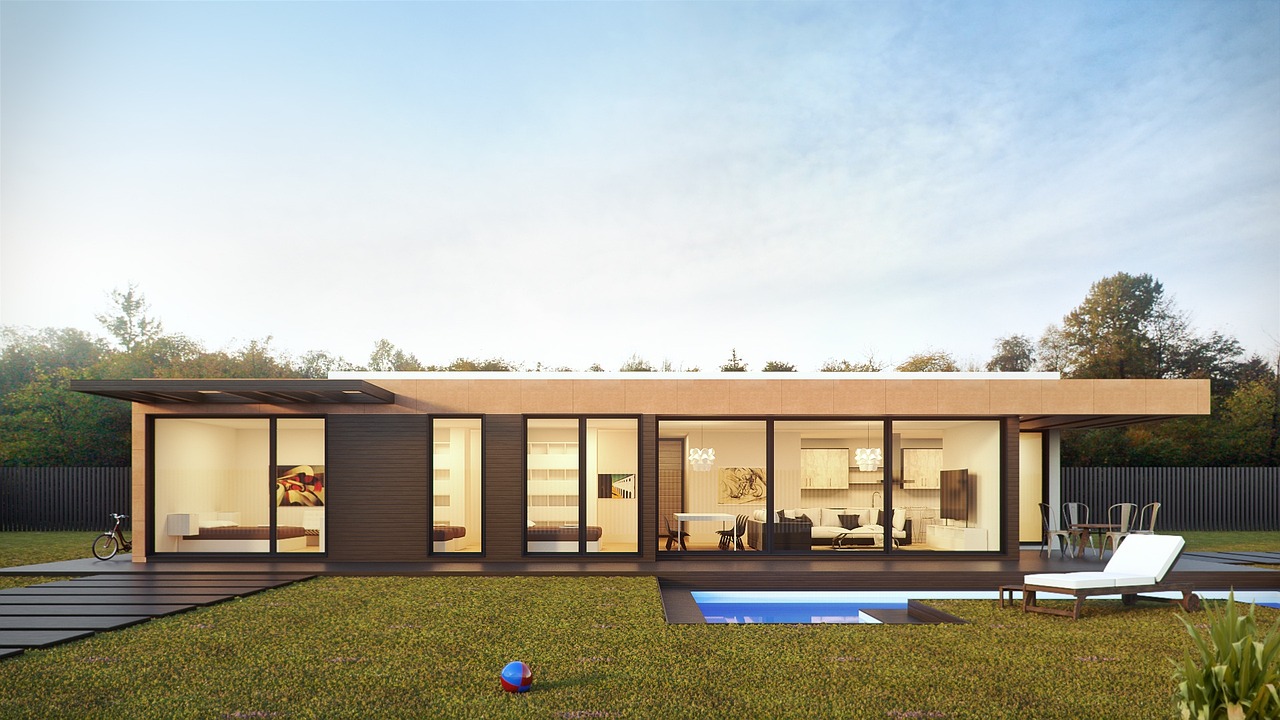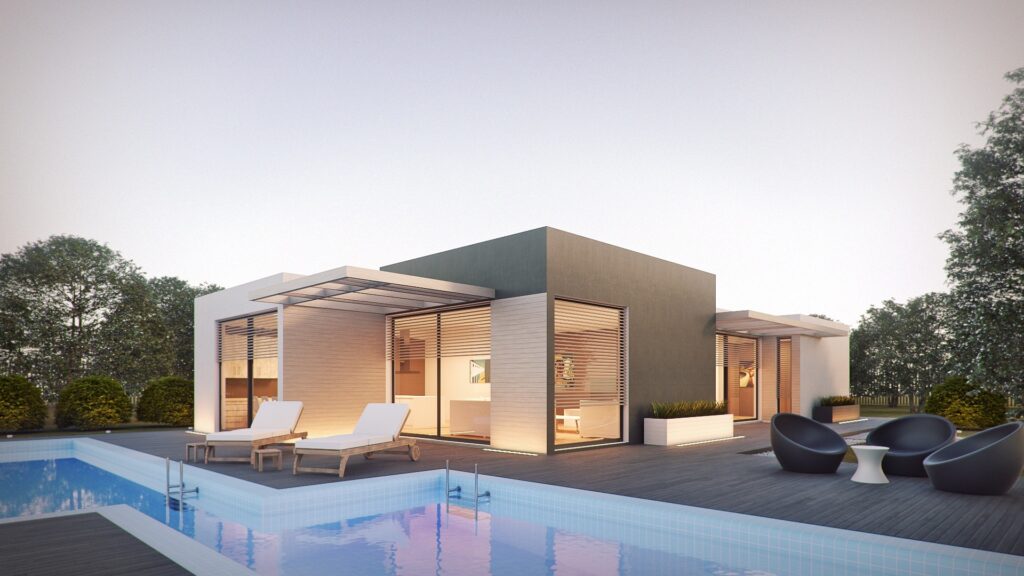In the ever-evolving landscape of real estate investment, a notable trend that has gained significant traction is the rise of prefab (prefabricated) housing. This innovative construction approach from Homify and other agencies has piqued the interest of investors due to its potential for cost savings, efficiency, and sustainability. This article will delve into the opportunities and considerations of investing in prefab real estate.
Opportunities:
Cost Efficiency
Prefab construction involves the assembly of building components off-site, which can lead to reduced labor costs and quicker construction timelines. Investors can benefit from lower initial investment requirements and the potential for faster returns on investment.
Consistency and Quality
Prefab structures are manufactured in controlled environments, minimizing the impact of weather conditions on construction quality. This consistency can lead to higher-quality buildings with fewer defects, ultimately appealing to buyers and renters.
Sustainability
Many prefab designs incorporate eco-friendly materials and energy-efficient features. As sustainability becomes a more significant consideration for homebuyers, investing in prefab real estate aligns with the growing demand for environmentally responsible living spaces.

Diverse Architectural Options
Prefab doesn’t mean sacrificing design. Investors can explore various architectural styles and customization options, catering to various target markets and preferences.
Considerations:
Site Selection
While prefab construction offers advantages, site selection remains crucial. Consider factors like zoning regulations, access to utilities, and the suitability of the land for prefab construction.
Permitting and Regulations
Investors must navigate local building codes and regulations, which vary based on location. Collaborating with professionals who understand prefab construction can streamline the permitting process.
Maintenance and Repairs
As with any real estate investment, maintenance is crucial. Investors should be prepared for any unique maintenance needs of prefab structures.

Financing Challenges
Traditional lending institutions may have limited experience with prefab projects, potentially leading to financing challenges. Exploring alternative financing options tailored to prefab construction is essential.
Market Acceptance
While the popularity of prefab housing is growing, some markets might still be skeptical. Investors should conduct thorough market research to ensure there is demand for prefab properties in their target area.
Conclusion
Investing in prefab real estate presents a compelling blend of opportunities and considerations. The cost efficiency, sustainability, and design flexibility make prefab an attractive option for forward-thinking investors. However, navigating site selection, regulations, and market acceptance requires careful planning and research. As the real estate industry continues to embrace innovation, those who approach prefab investment with diligence and a long-term perspective could find themselves at the forefront of a transformative trend in the housing market.

